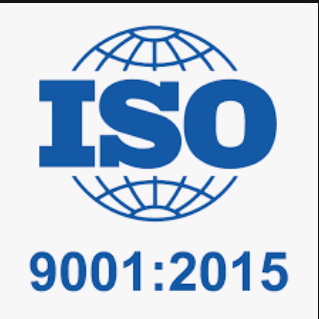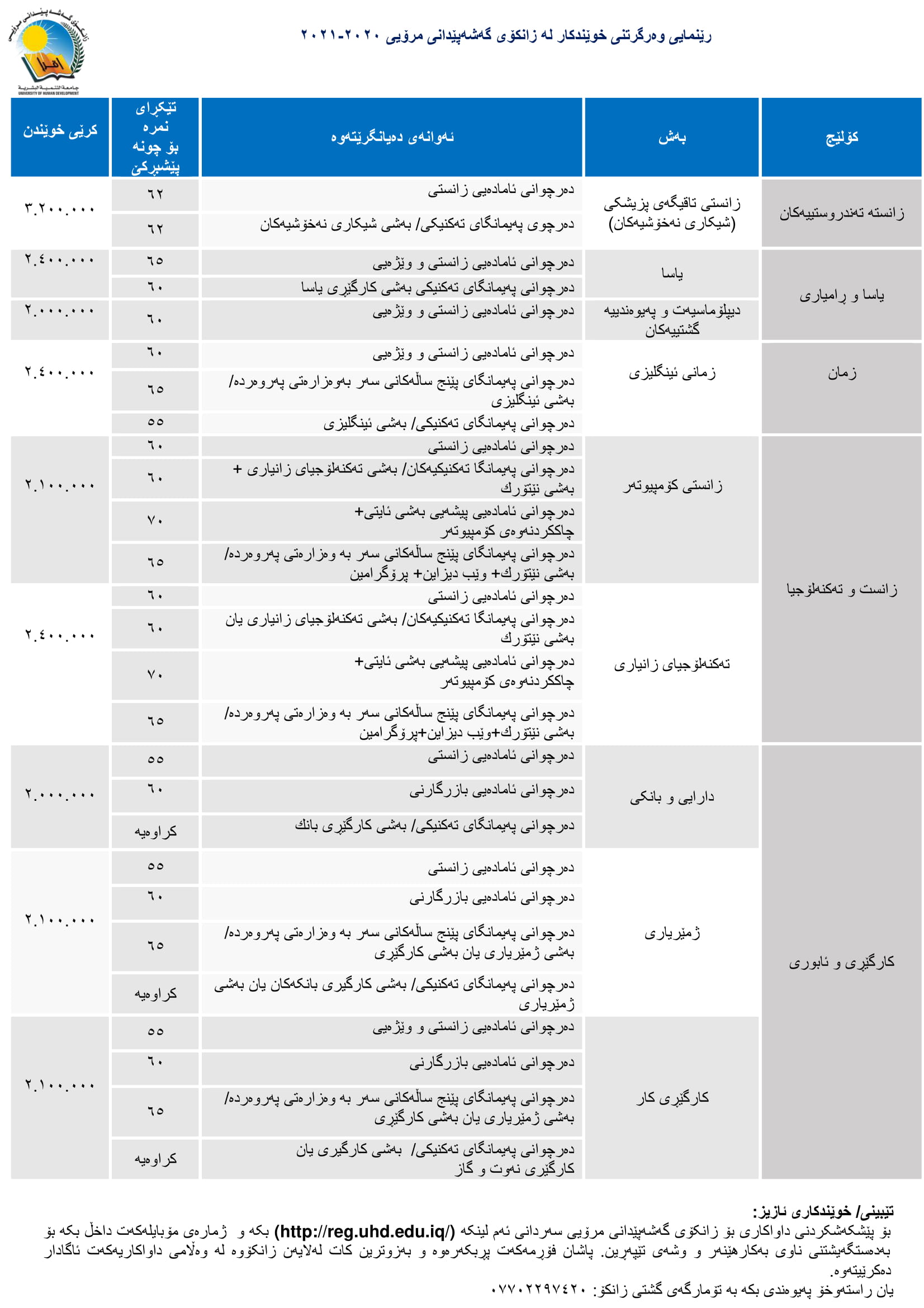Law students demonstrate strong engagement and earn high distinctions in the Philip C. Jessup International Law Moot Court Competition
Peacebuilding and Genocide Prevention conference ended with great success
2021-12-17
The Peacebuilding and Genocide Prevention conference assembled at Professor Dr Ali Qaradaghi Hall late in the evening on 16th December for its closing session. The organisers thanked the researchers and guests for their very active participation in the conference and volunteer students of the College of Law and Politics at the University of Human Development (UHD) for their wholehearted support to the hour-to-hour work of the conference. Researchers, volunteer students and members of the preparation committee were awarded certificates. In the same session, the UHD President Prof. Dr Mariwan Ahmed Rasheed presented appreciation glass plaques to the head of the Martyrs Foundation in Iraq Dr Abdul-elah al-Naeli and to Judge Rizgar Muhammad Amin. Dr al-Naeli also presented appreciation glass plagues to Dr Mariwan Ahmed Rasheed and Judge Rizgar Muhammad Amin, and to the organisers of the conference.
The conference themed “Peacebuilding and Genocide Prevention” was commenced on the premises of UHD in the city of Sulaymaniyah on 15th December 2021 under the slogan “Memory of the Genocide from the Anfal and the Marshlands to Halabja and Sinjar”. It was organised by nine Iraqi and Kurdistan universities and institutions, namely: The UNESCO Chair for the Genocide Prevention Studies in the Muslim World received by the University of Baghdad, Ministry of Culture, Tourism and Antiquities, Martyrs Foundation, Political Prisoners Foundation, Bait Al-Hikma, Malai Gawra Research Centre - Koya University, Research Centre - Genocide Department - University of Halabja, Charmo University Research Centre for Crimes of Anfal and Genocide, and University of Human Development.
The opening session started at 10:30 a.m. with a minute of silence and standing for the martyrs and victims of genocide in Iraq, it was followed by the recitation of the Holy Quran. Many guests and prominent individuals attended and keynote speeches were read by distinguished speakers representing the institutions that had organised the conference. The representative of the Minister of Higher Education and Scientific Research of the Kurdistan Regional Government also gave a speech. The speakers all emphasised the importance of documentation, analysing and researching acts of genocide and mass murder in Iraq and other places and making recommendations as to how genocide and other forms of extermination can be prevented in the future.
The conference continued for two days and more than 60 papers were presented on various topics related to genocide and violence against different communities in Iraq in the past decades, and also the need for cohabitation and peaceful relationships in the new Iraq. The papers were categorised under the following research areas: ideologies and genocide, genocides in Iraq, forms of genocide in the invasion of Kuwait, mass graves in Iraq, genocide and human sciences, genocide in laws and constitutions, genocide in school curricula, and peacebuilding and conflict transformation. Many of the researchers were from Iraq but also from Iran, Jordan, Rwanda, USA and UK.
Mutual recognition, healing past wounds and peaceful coexistence between the Iraqi communities is the most pressing issue at the present time. For this to happen, genocides, mass murder, and all other forms of violence that happened under the Iraqi dictatorial regimes have to be well analysed and studied, and new ways forward such as the prevention of such crimes in the future and creating harmony and coexistence between the Iraqi communities need to be recommended and incorporated into the Iraqi and Kurdistan laws and implemented on the ground by the political authority. These issues were properly addressed in the Peacebuilding and Genocide Prevention conference at UHD.


